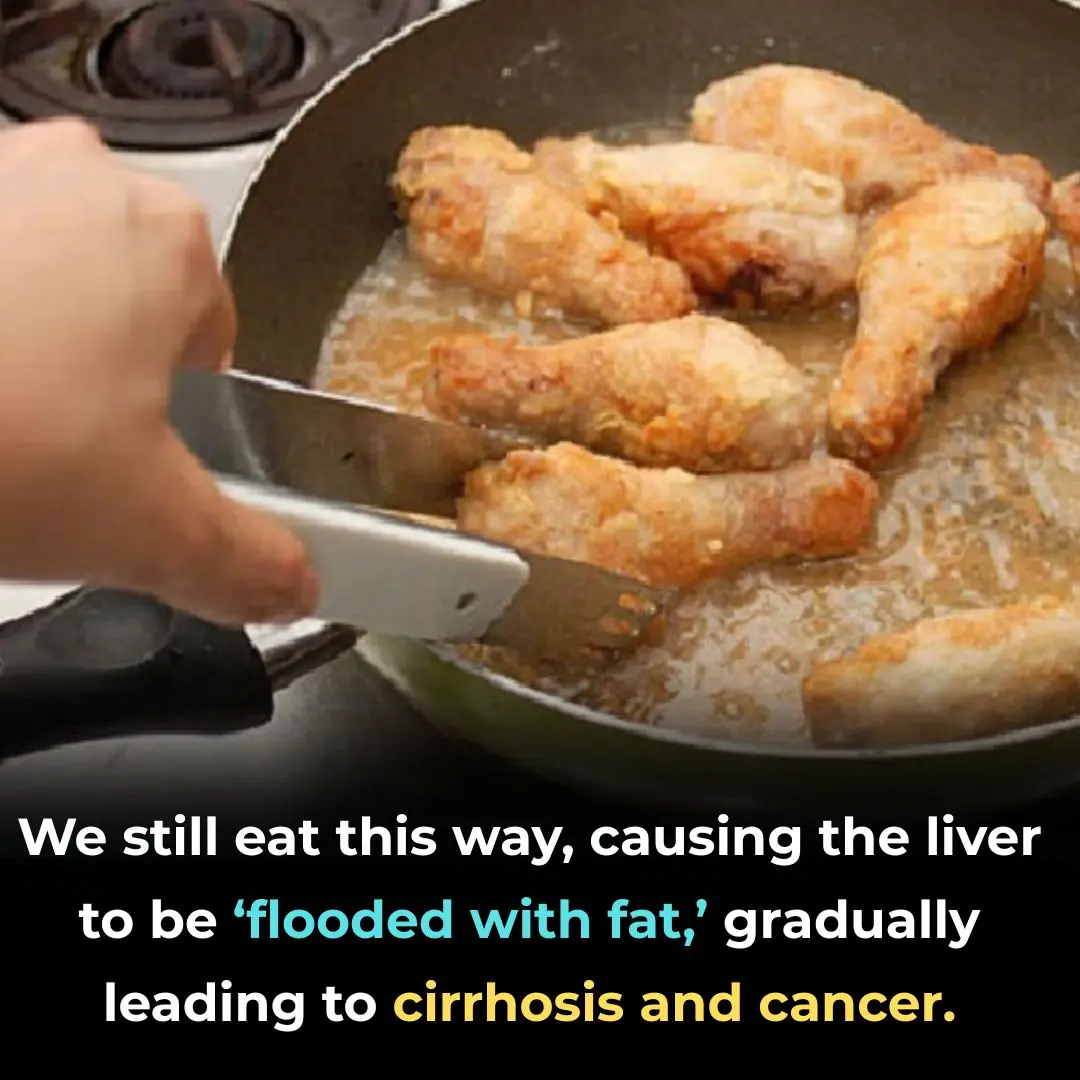
10 Red Flags Your Body Is Begging You to Quit Caffeine
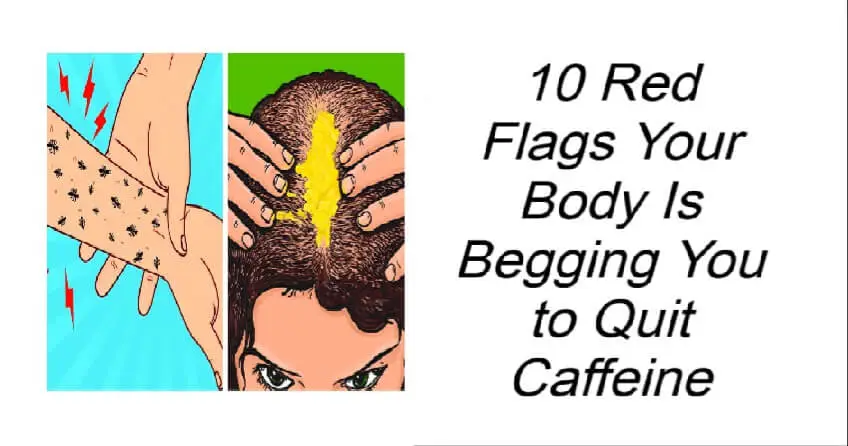
Caffeine might seem like your go-to source of energy, but for some people, it can do more harm than good. That morning cup of coffee may help you stay alert, yet it can also trigger a range of unexpected symptoms. If you’ve been feeling “off” lately and can’t pinpoint why, your caffeine habit could be quietly affecting your body. Many people don’t realize they have caffeine intolerance until the signs become impossible to ignore.
Disclaimer: This article is for informational purposes only and should not be taken as medical advice. Always consult your doctor or a qualified healthcare professional if you have health concerns or persistent symptoms.
1. Headaches
Caffeine affects the blood vessels in your brain by causing them to constrict. When your caffeine levels drop, these vessels suddenly expand again, triggering pain that can lead to headaches or even full-blown migraines. Regular coffee drinkers often experience withdrawal headaches when they skip their usual dose.
Additionally, caffeine acts as a diuretic—it makes you lose water more quickly. This mild dehydration is another common culprit behind throbbing headaches. If you find yourself reaching for painkillers more often, it might be time to look at your coffee intake.
2. Dry, Flaky Scalp
The dehydrating effects of caffeine extend beyond your internal systems—they can also impact your scalp. A lack of moisture may lead to flakiness, itchiness, or dull-looking hair. You might notice your hair feeling brittle or less voluminous than usual. Since healthy hair starts with a healthy scalp, try cutting back on caffeine and increasing your water or electrolyte intake to restore balance.
3. Restless Legs
If your legs feel jittery, tingly, or restless after drinking coffee—especially in the evening—caffeine could be overstimulating your nervous system. This happens because caffeine blocks adenosine, a chemical that helps your body relax and prepare for sleep.
Since caffeine can stay in your system for up to 8–12 hours, that innocent afternoon latte might be the reason you’re tossing and turning at night. Switching to herbal tea or decaf after lunch could make a noticeable difference.
4. Midday Energy Crashes
Caffeine delivers an instant surge of alertness, but the crash that follows can hit hard. After spiking your adrenaline and blood sugar levels, your body eventually overcompensates, leading to fatigue, irritability, and mental fog. This “crash and crave” cycle makes you reach for another cup, creating a dependency loop.
To break free, try balancing your caffeine intake with protein-rich snacks or switching to green tea, which offers a gentler energy boost without the extreme highs and lows.
5. Frequent Stomach Issues
If you often feel bloated, gassy, or crampy after drinking coffee, caffeine might be irritating your digestive tract. It increases acid production in the stomach and speeds up bowel movements—great for some, but uncomfortable for others. For sensitive individuals, this can mean frequent trips to the bathroom or stomach pain that feels worse on an empty stomach.
Consider switching to low-acid coffee, decaf, or herbal drinks like chamomile or ginger tea, which are kinder to your digestive system.
6. Constant Thirst
No matter how much water you drink, caffeine’s mild dehydrating effect can leave you feeling parched. If you’re constantly reaching for your water bottle but still feel dry-mouthed or fatigued, your caffeine consumption might be to blame.
Try replacing one or two caffeinated drinks a day with plain water or coconut water to help restore your body’s hydration balance and natural energy levels.
7. Coating on Your Tongue
A greenish or white coating on your tongue may be a sign that caffeine’s acidity is upsetting your digestive balance or mouth bacteria. Those who add sugary syrups or flavored creamers to their coffee are even more at risk of developing “geographic tongue,” a harmless but uncomfortable condition that causes irritation and discoloration.
Good oral hygiene and reducing your caffeine (and sugar) intake can help restore your mouth’s natural pH balance.
8. Swelling or Puffiness
Some people have a mild allergy or intolerance to caffeine. When this happens, the immune system releases histamines, causing swelling or puffiness—often around the face, eyes, or hands. If you feel bloated or notice your rings fitting tighter after your morning brew, caffeine sensitivity could be the reason.
Keeping a food and drink journal can help identify whether caffeine is the trigger.
9. Increased Anxiety
Caffeine stimulates the nervous system, which can heighten alertness—but it can also amplify feelings of stress, anxiety, or restlessness. If your heart races, your palms sweat, or you feel unusually on edge after a cup of coffee, your body may be signaling that it’s had too much.
Cutting back gradually rather than quitting cold turkey can help your nervous system adjust more smoothly and reduce withdrawal symptoms.
10. Muscle Twitches or Spasms
High caffeine intake can disrupt your body’s electrolyte balance, particularly magnesium and potassium levels. This imbalance may cause muscle twitches—commonly in your eyelids, fingers, or legs. In more severe cases, it can lead to spasms or tremors. Staying hydrated and eating magnesium-rich foods like bananas, spinach, or almonds can help minimize these effects.
Final Thoughts
If you recognize several of these symptoms, it might be time to reassess your caffeine intake. You don’t have to give up coffee completely—just pay attention to how your body reacts. Try spacing out your drinks, switching to lower-caffeine alternatives, or taking caffeine-free days each week.
Remember, your morning coffee should fuel your day—not leave you anxious, tired, or uncomfortable. Listening to your body is the best way to find the balance that works for you.
News in the same category


5 great foods that should not be stored in the refrigerator - the risk of aflatoxemia that causes cancer
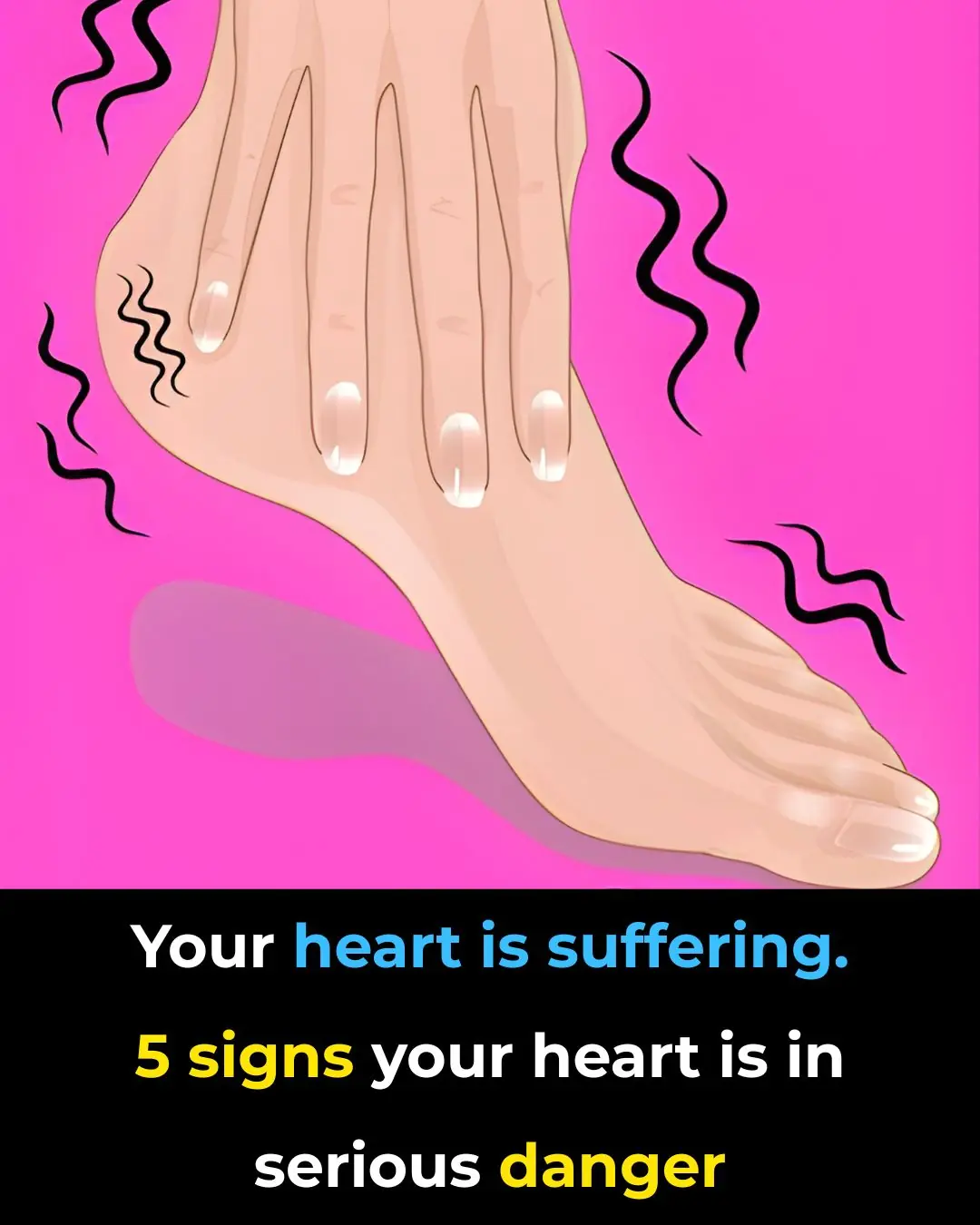
❤️ 5 Subtle Signs That May Suggest Heart Trouble – And When to See a Doctor

Eat these 3 foods to strengthen them…

Neckline Wrinkles 5 Tips to Prevent and Eliminate Them

The Reason Some People Keep Lemons on Their Nightstand While Sleeping
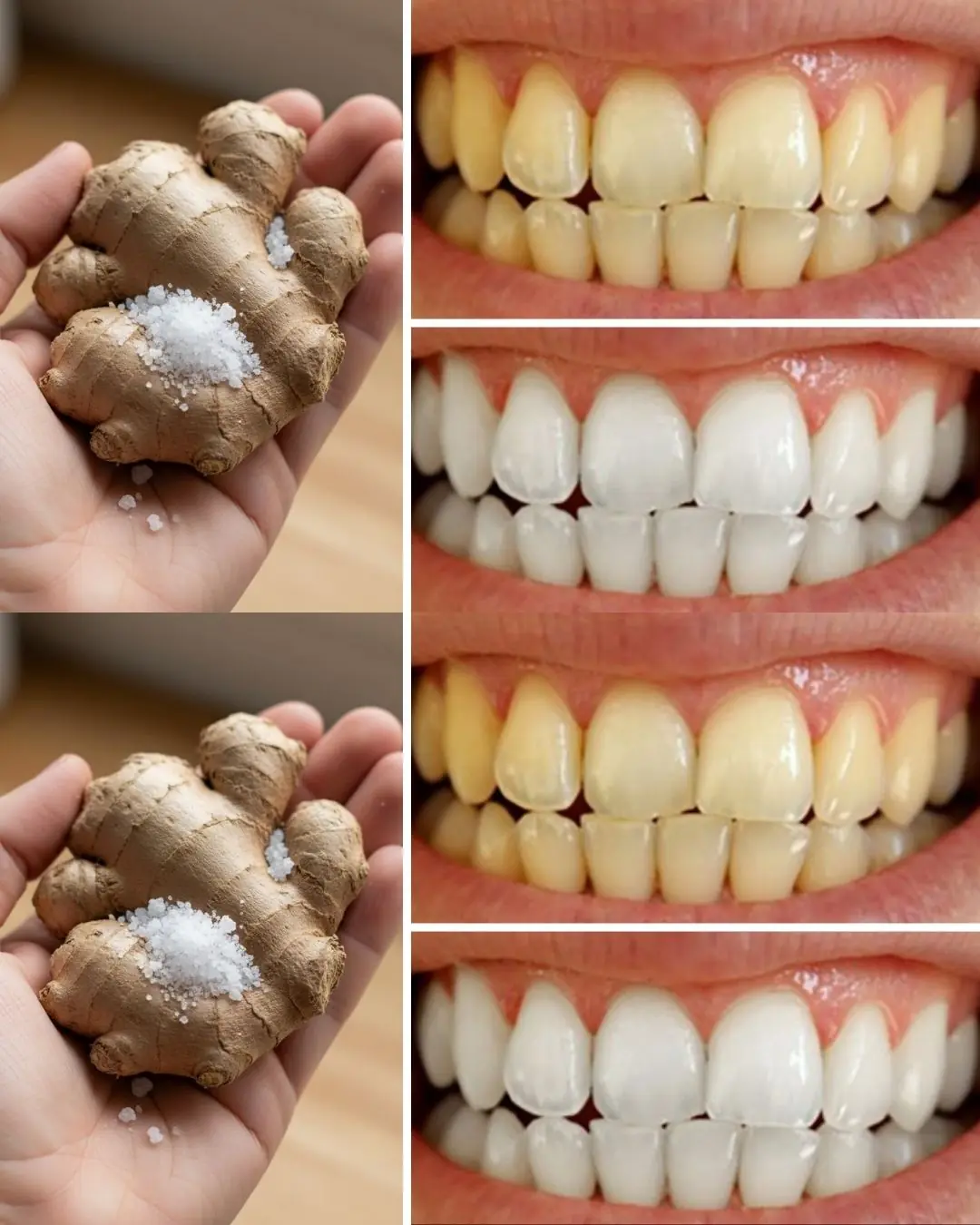
Ginger and Salt Teeth Whitening Remedy

The Pain Most People Brush Off That Signals Serious Trouble
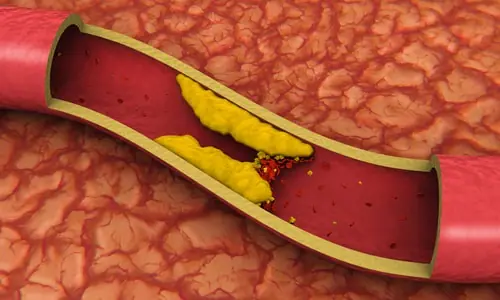
Warning Signs Your Arteries Need Cleansing and The Foods That Do It Best
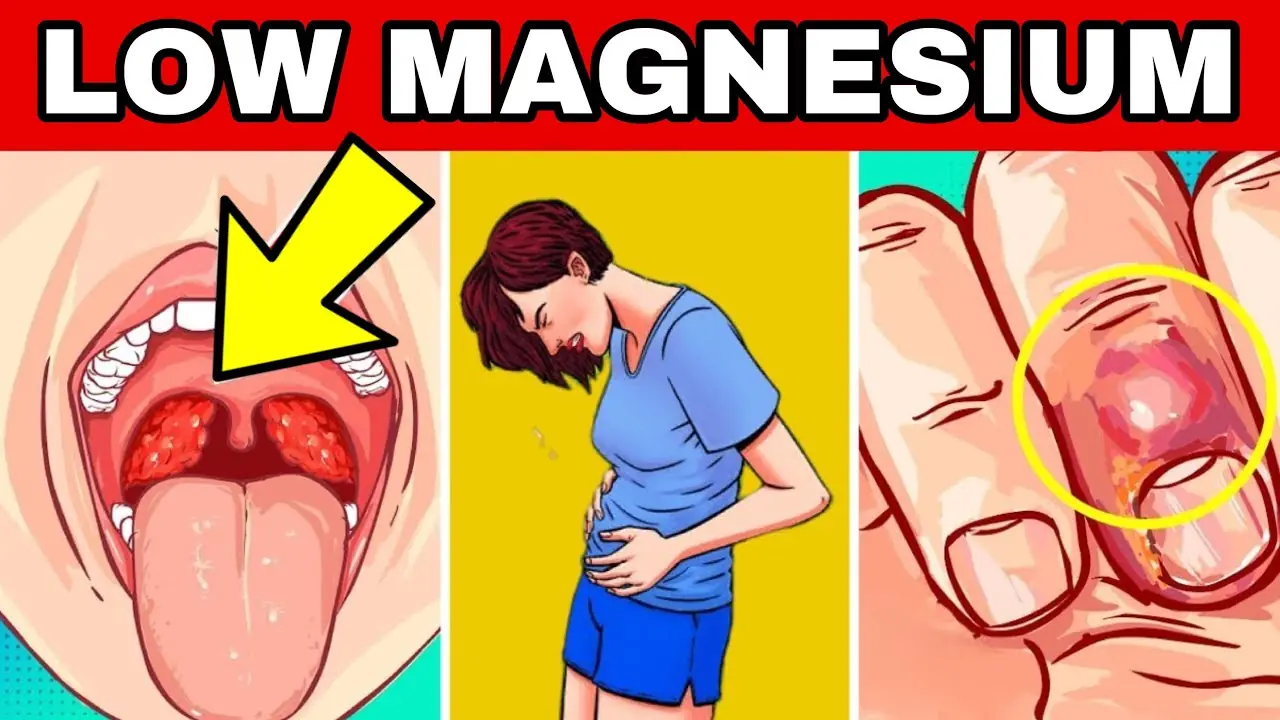
10 Warning Signs of Low Magnesium Levels and What to Do About It

The 5 fruits secretly damaging your brain after 50
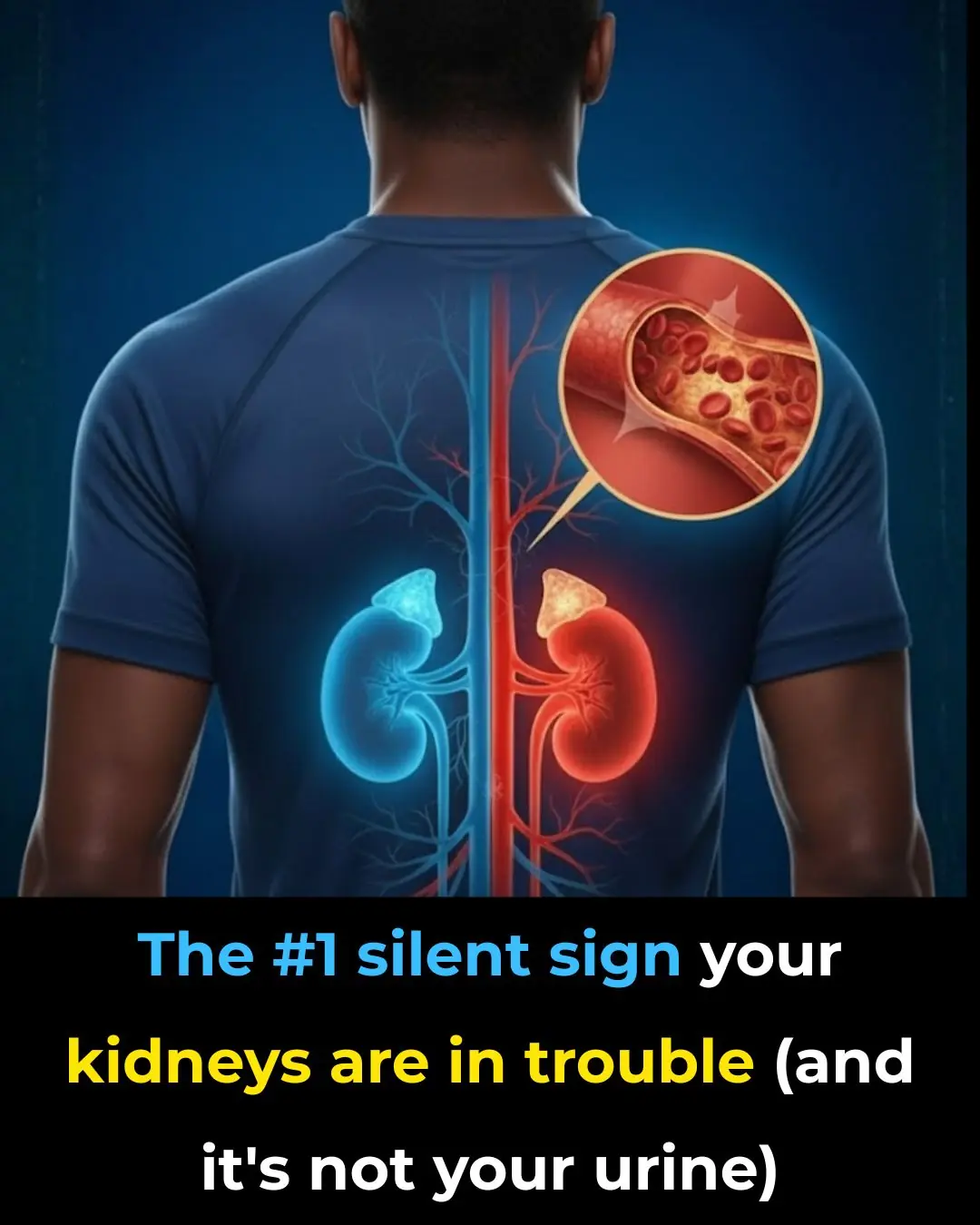
The #1 silent sign your kidneys are in trouble (and it’s not your urine)
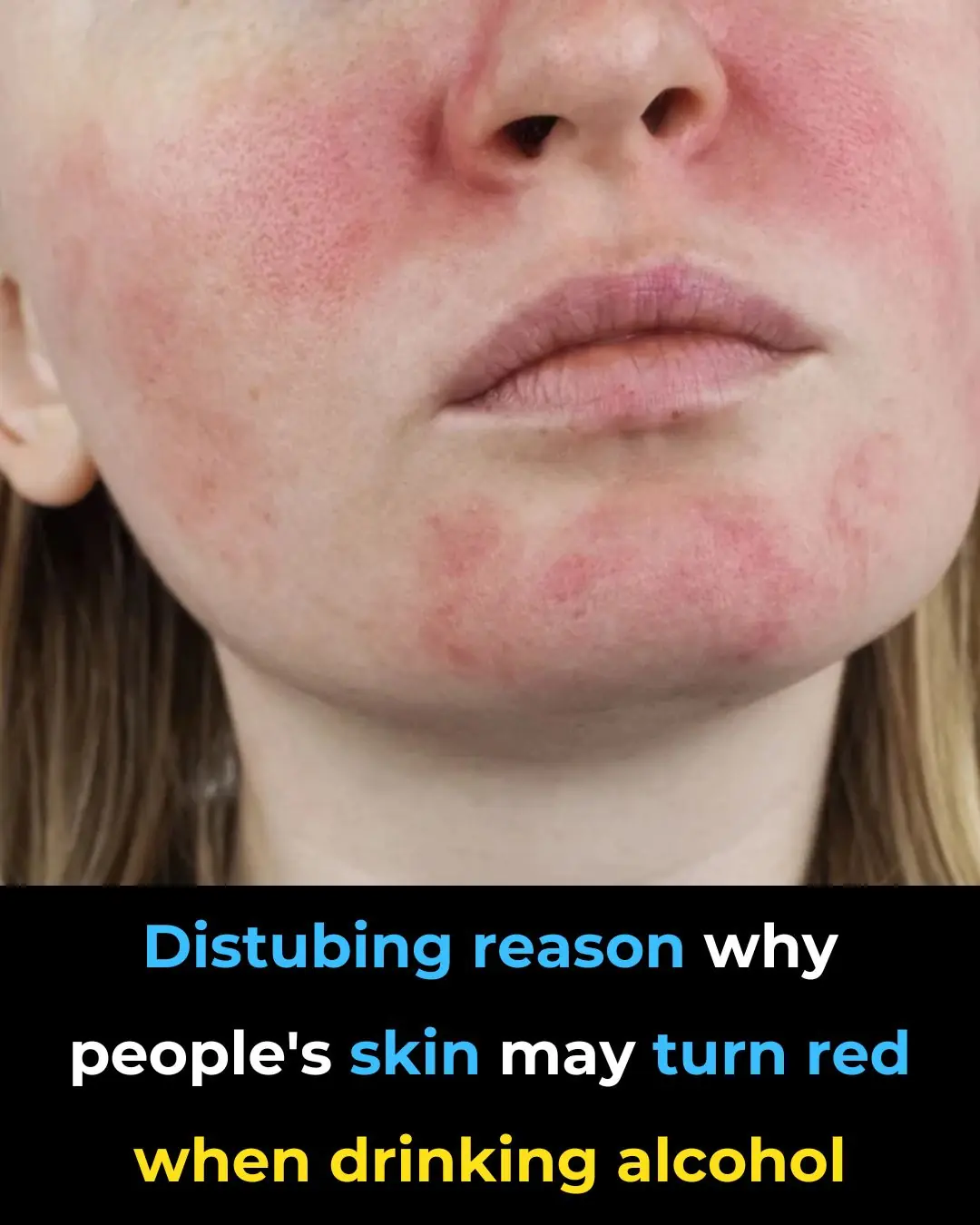
Why Some People’s Skin Turns Red When Drinking Alcohol
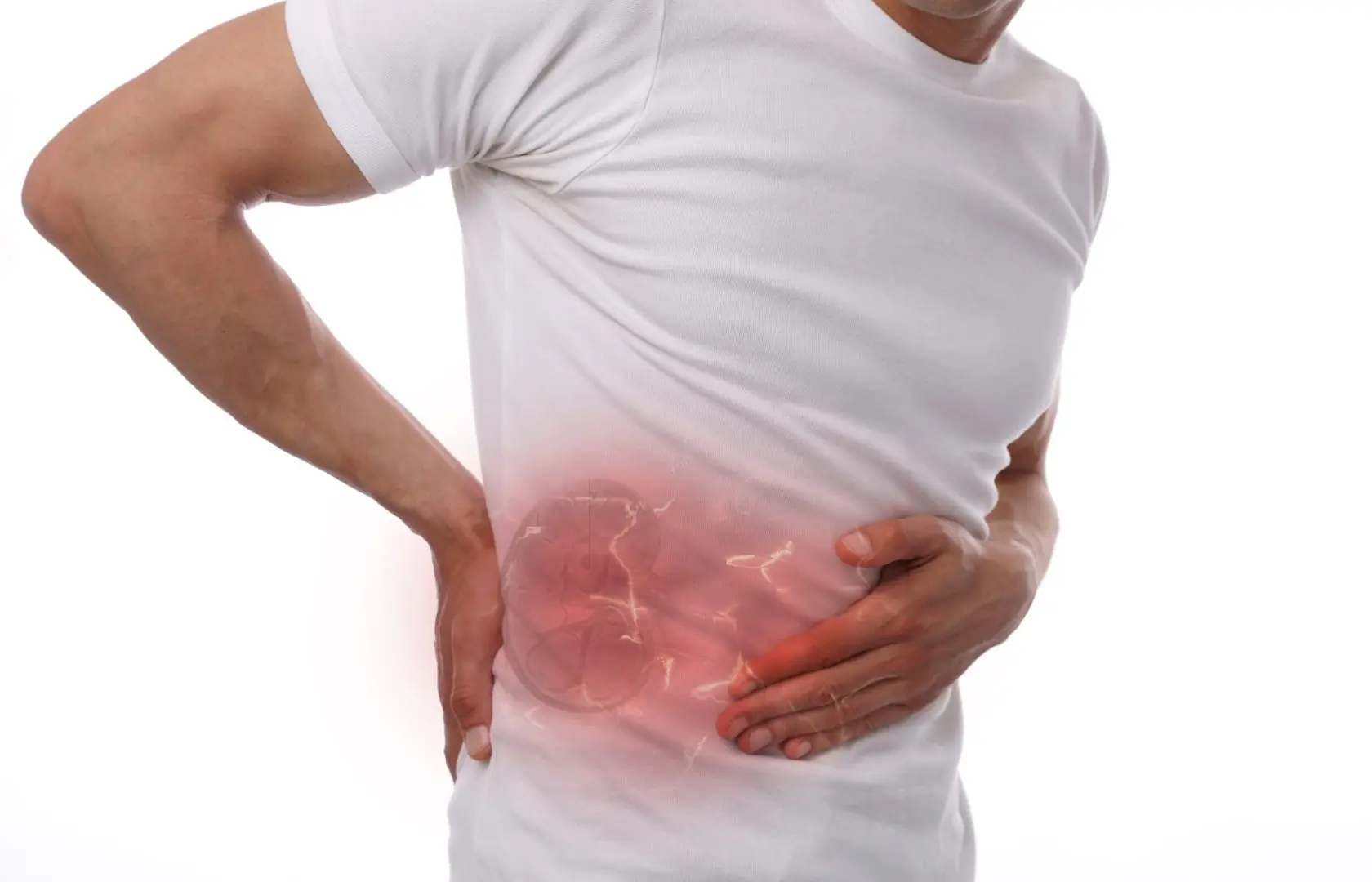
🩺 The #1 Silent Sign Your Kidneys Are in Trouble (And It’s Not Your Urine)

The 5 Fruits Silently Damaging Your Brain After 50 — And What to Eat Instead

Capsaicin: The Fiery Compound That Stops Heart Attacks and Destroys Cancer Cells

Flush Away the Hidden Toxins Damaging Your Kidneys — With These 13 Powerful Cleansing Foods

The surprising truth about eating eggs every day

Why You Should Stop Waking Up to Urinate
News Post
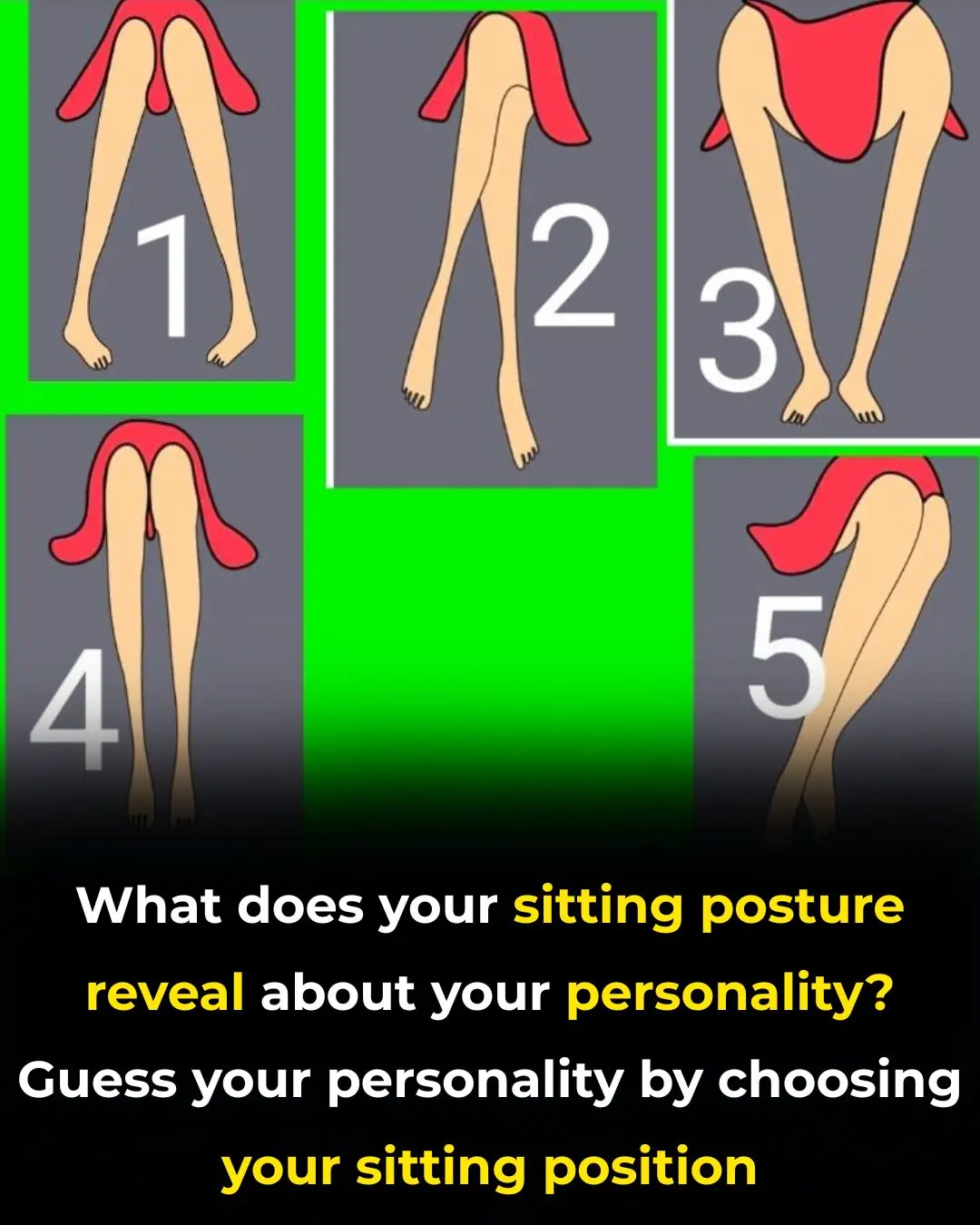
What Does Your Sitting Position Reveal About Your Personality

The Uses Of This Small Hole On a Padlock

The Health Benefits of Euphorbia Thymifolia: A Powerful Yet Overlooked Herb 🌿✨

The Powerful Health Benefits of Papaya Seeds: Why You Should Include Them in Your Diet

Scientists reveal that consumption of TOMATO causes

Father Gifts Daughter A House For Her 13th Birthday

DC Woman Wins Landmark Case After Suing Neighbor Over Overpowering Weed Smell

Bill Gates–Backed Beyond Meat Faces Collapse After Massive Stock Drop

Here’s the court order! And now get up and get out of my apartment,” she addressed her husband, mother-in-law, and sister-in-law.

The guy was amazed as to why his beloved was so interested in the well in the yard. He even decided to follow her.

Nastya had already approached the café when she heard familiar voices:

Having set out to clean before the April holidays, Olga found a strange letter in her husband’s office, and upon reading it, she couldn’t hold back her tears.

The Millionaire’s Daughter Pretended to be a Stuttering Cleaning Lady in Order to Uncover All the Scandals of Her Spouse

I’m not going to give you any money for your apartment!” Vera declared to her mother-in-law and father-in-law.

A girl was selling her deceased mother’s belongings at the market. One day, an expensive car pulled up nearby.

Our son returned from camp completely changed, as if something terrible had been done to him.

Your wife should move in with her mother, and you can come over here just to cook and clean,” declared my mother-in-law.

Son, you urgently need to file for divorce and divide the property!” These were the words that Katya accidentally overheard while helping her mother-in-law in the garden.
